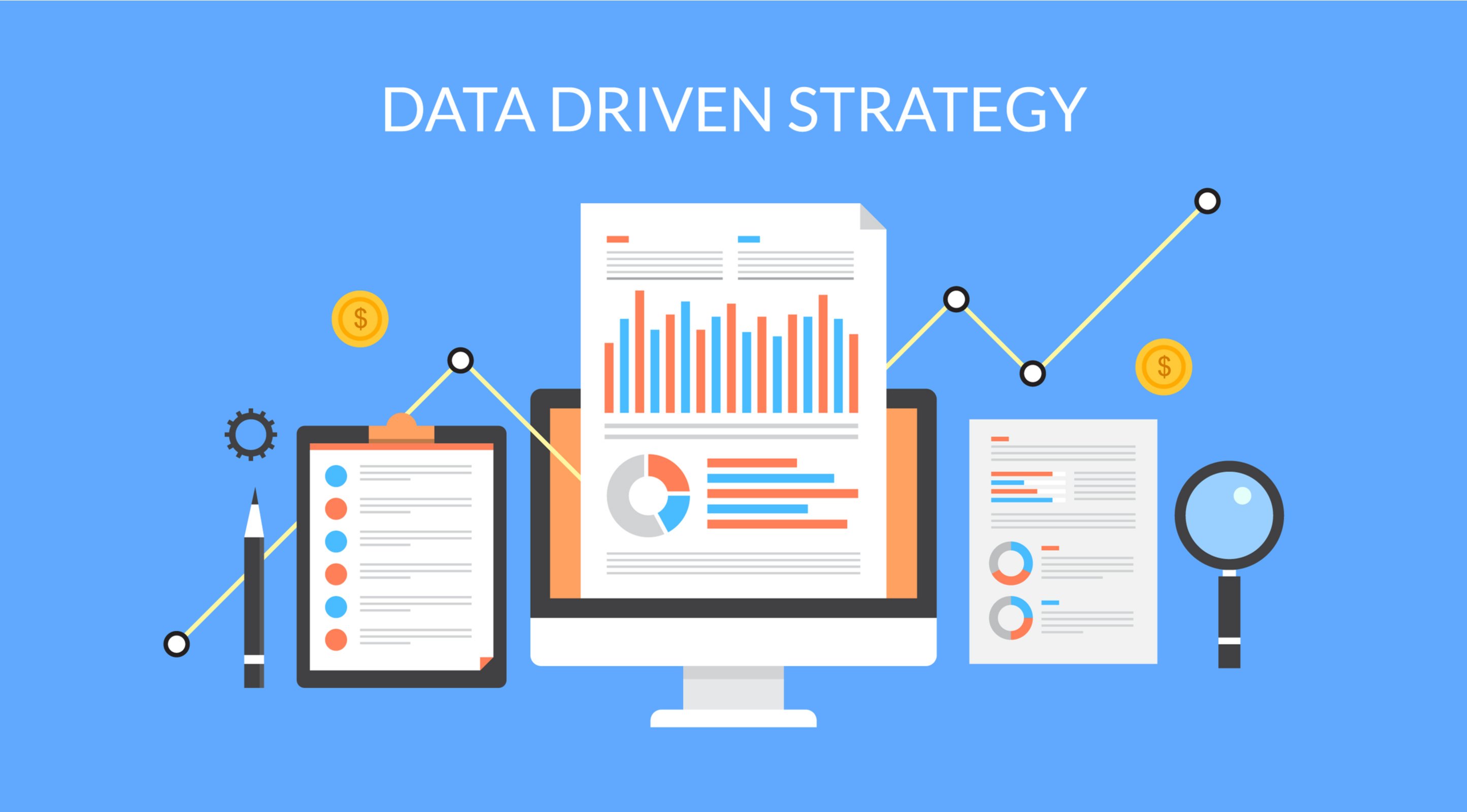As technology continues to revolutionize industries, artificial intelligence (AI) is emerging as a game-changer in the financial sector. AI-powered innovations are reshaping the way financial institutions operate, offering more efficient processes, improved customer experiences, and enhanced risk management. In this blog post, we will explore six key areas where AI is set to transform the financial industry.
Enhanced Customer Service and Personalization
AI is enabling financial institutions to offer highly personalized services to their customers. By analyzing vast amounts of data, AI algorithms can identify individual preferences and behaviors, allowing banks to tailor their offerings accordingly. Chatbots and virtual assistants equipped with natural language processing capabilities are also becoming more prevalent, providing instant support and answers to customer inquiries, thereby enhancing overall customer service.

Smarter Fraud Detection
Financial institutions are constantly at risk of fraud and security breaches. AI-powered fraud detection systems are proving to be a game-changer in tackling this challenge. Machine learning algorithms can detect unusual patterns and anomalies in real-time, enabling banks to take proactive measures to prevent fraudulent transactions and protect their customers’ assets.
Data-Driven Decision Making
Data is the backbone of the financial industry, and AI is transforming the way it is analyzed and utilized. AI algorithms can process vast amounts of structured and unstructured data, enabling more informed and data-driven decision-making processes. From assessing credit risks to predicting market trends, AI is revolutionizing the way financial professionals strategize and operate.

Algorithmic Trading and Portfolio Management
AI’s potential in the financial sector extends to algorithmic trading and portfolio management. With the ability to process and analyze market data at unparalleled speeds, AI-powered trading systems can identify profitable opportunities and execute trades far more efficiently than human traders. Additionally, AI-driven portfolio management systems can optimize investment strategies based on individual risk profiles and market conditions.
Hyper-Personalized Financial Advice
AI-driven robo-advisors are transforming the financial advisory landscape. These virtual advisors analyze individual financial situations and goals, suggesting personalized investment strategies. By providing low-cost and accessible financial advice, robo-advisors democratize wealth management, making it available to a broader spectrum of investors.

Regulatory Compliance and Risk Management
Compliance with complex regulations is a crucial aspect of the financial industry. AI technologies can streamline compliance processes by automating data analysis and ensuring adherence to regulatory standards. Moreover, AI’s predictive capabilities empower financial institutions to assess and mitigate risks effectively, fostering a safer and more stable financial ecosystem.
In summary, the future of AI in the financial sector is promising and revolutionary. From personalized customer service and advanced fraud detection to data-driven decision-making and hyper-personalized financial advice, AI is revolutionizing every aspect of the financial industry. As technology continues to evolve, financial institutions must embrace AI to stay competitive, enhance efficiency, and deliver superior services to their customers. By harnessing the power of AI responsibly, the financial sector can unlock its full potential, creating a more secure, efficient, and inclusive financial ecosystem for the future.












